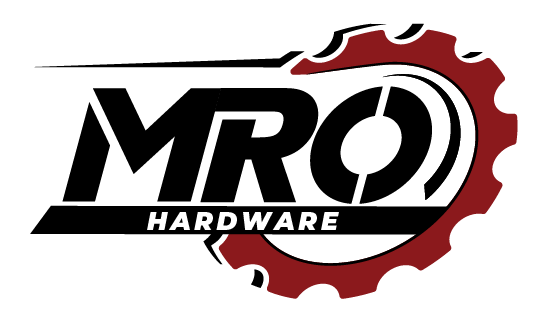What are weld fasteners?
Weld fasteners are components designed to be permanently attached to a workpiece through welding. They provide strong, secure attachment points and include various types like nuts, studs, and pins. These fasteners are commonly used in automotive, aerospace, and industrial applications where durable and reliable connections are required.
What materials are weld fasteners made of?
Weld fasteners are typically made from materials like steel, stainless steel, and aluminum. These materials are chosen for their compatibility with welding processes and their ability to form strong, lasting bonds with the base material.
What materials are weld fasteners used in?
Weld fasteners are used in a variety of materials, primarily metals such as steel, stainless steel, and aluminum. They are commonly used in sheet metal fabrication, automotive bodies, industrial equipment, and structural components where robust and permanent fastening is necessary.
What are the different types of weld fasteners?
There are several types of weld fasteners, including weld nuts, weld studs, weld pins, and weld screws. Each type serves a specific function: weld nuts provide a threaded hole for bolts, weld studs offer threaded shafts for securing components, weld pins are used for locating and alignment, and weld screws provide strong, non-threaded attachment points.
Can you reuse weld fasteners?
Generally, weld fasteners are not designed to be reused. Once they are welded in place, they form a permanent bond with the material. Removing them often requires cutting or grinding, which can damage both the fastener and the base material, making reuse impractical.
How do I remove weld fasteners?
To remove weld fasteners, you typically need to cut or grind away the weld. This can be done using a cutting wheel, grinder, or a specialized tool. Care must be taken to avoid damaging the surrounding material. Once removed, the area may need to be cleaned up and prepared for any replacement fasteners or repairs.
Why do I need a weld nut?
Weld nuts provide a strong, threaded attachment point on thin materials where traditional nuts and bolts might not be effective. They are essential in applications requiring a secure and permanent thread, such as automotive frames, machinery, and structural assemblies, offering a reliable way to attach components.
Are self clinching fasteners stronger than weld fasteners?
Whether self clinching fasteners or weld fasteners are stronger depends on the application and the materials involved. Weld fasteners typically offer superior strength in heavy-duty applications because they create a metallurgical bond with the base material. Self clinching fasteners are easier to install and are suitable for thin sheets but may not match the sheer strength of weld fasteners.
Where to buy weld fasteners?
Weld fasteners can be purchased from industrial supply stores, hardware stores, and online retailers. Top supplies like MRO Hardware not only offer large inventory and selection but they also have fastener experts to assist with any questions. These sources offer a wide range of weld fasteners to meet various industrial and commercial needs.
What kind of welder do I need for weld fasteners?
The type of welder needed for weld fasteners depends on the specific application and materials. Common types include MIG welders (Metal Inert Gas), TIG welders (Tungsten Inert Gas), and spot welders. MIG welders are versatile and easy to use, making them suitable for most weld fasteners. TIG welders provide precise control and are ideal for high-quality welds, while spot welders are used for joining thin sheets.

